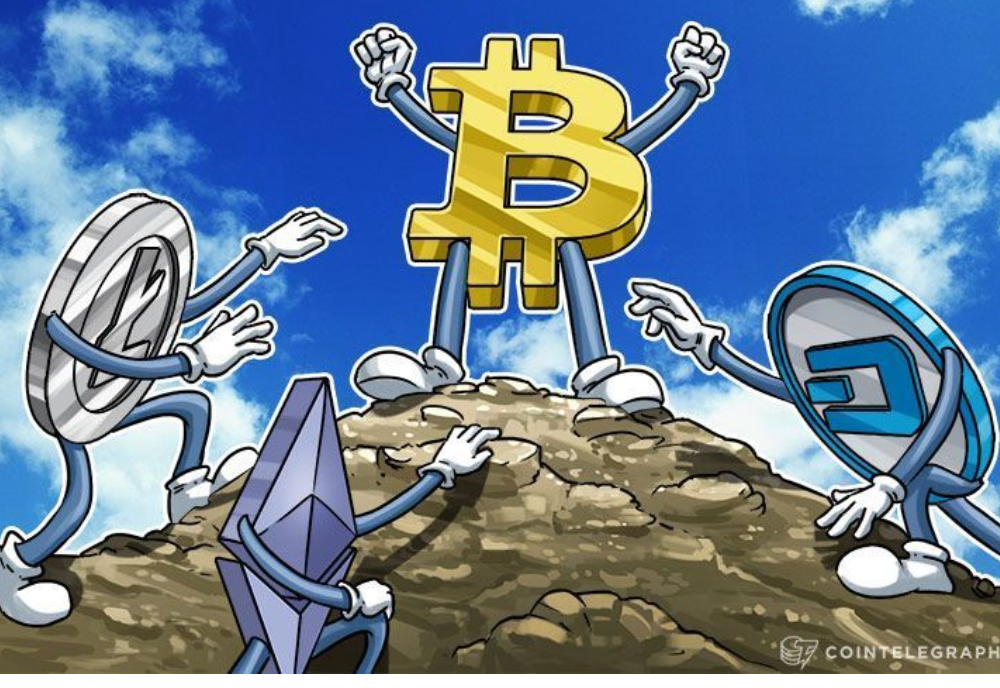
Earlier this week, miners began to signal for Bitcoin Improvement Proposal BIP 91, a kludge between the original Segregated Witness (SegWit) proposal and the Digital Currency Group-led SegWit2x, also known as the Silbert accord.
Despite its short timeline that may cause difficulties for developers resulting from technical instability, BIP 91 was the last chance for miners and the Bitcoin community to avoid a network split, which would have led to the creation of two Bitcoin Blockchains or Bitcoins.
In contrast to user-activated soft fork, BIP 91 is a miner-activated soft fork, which will activate SegWit, a transaction malleability fix and scaling solution developed by the Bitcoin Core development team at an 80 percent activation threshold, as listed on the SegWit2x proposal.
The 80 percent activation threshold was surpassed on July 18 with major mining pools including Antpool, BTCC and Bitfury signaling for the activation of BIP 91. At the time of reporting, hash rate signaling BIP 91 is at 83.3 percent and analysts including Squeeze have noted that BIP 91 could be fully locked in within the next few days.
Demand Increases
Since mid-2016, the Bitcoin industry, its businesses, community and users have highly anticipated for the activation of a scaling solution to optimize Bitcoin blocks and ultimately, lessen Bitcoin fees.
In an interview with BraveNewCoin, Laurent, the French developer behind Bitcoin analytics platform OXT, claimed that he is 95 percent confident affected the Bitcoin mempool and number of transactions until January of 2017.
“Considering that the published elements are the result of an exploratory analysis, I would say that I'm 95 percent confident. 100 percent confidence will require an in-depth analysis which is currently outside what my financial resources allow me to do,” said Laurent.
When SegWit activation seemed likely through SegWit2x, the size of the Bitcoin mempool abruptly decreased, and experts including Blockstream chief strategy officer Samson Mow expressed their concerns over intentional spam attacks.
At the moment, leading Bitcoin wallet service providers including Blockchain are recommending a fee of around 90 satoshis per byte for a median size transaction, which would range from $0.5 to $0.9. Only a few months ago, average Bitcoin fees spiked to over $5.
The activation of SegWit will lead to a 75 percent optimization of Bitcoin blocks and a substantial decrease in Bitcoin transaction fees. Optimism surrounding SegWit and the scalability of Bitcoin has pushed Bitcoin price up, from $1,850 to $2,600 within a week.
https://cointelegraph.com/news/bitcoin-price-breaks-2600-as-segwit-nearly-finalized-3000-in-sight
price is not important mate
Downvoting a post can decrease pending rewards and make it less visible. Common reasons:
Submit